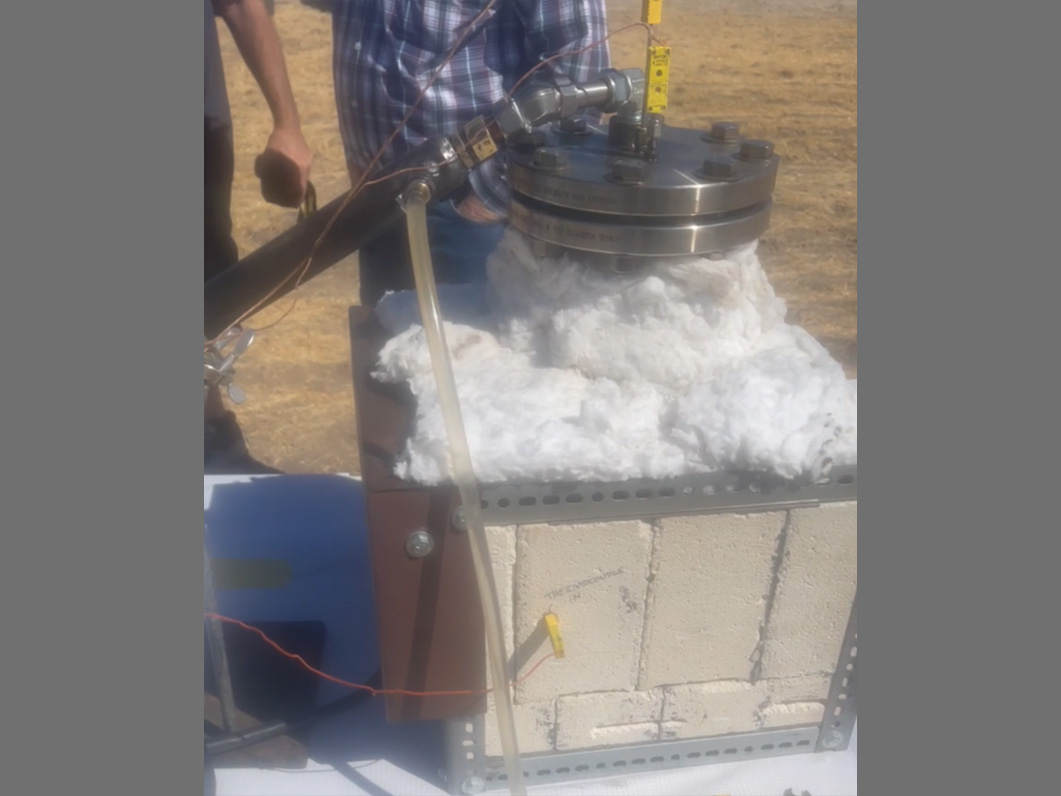Stuart Reitz, PhD, Director of the Oregon State University Malheur Extension, provides an insightful article for OnionBusiness.com following the success of an onion seed trial event held on August 28. Dr. Reitz highlights the innovative efforts by OSU researchers to convert used drip irrigation tape into diesel fuel, offering a sustainable solution to a pressing agricultural waste issue. After the article, don’t miss the exclusive video where Dr. Reitz explains the event’s impact and success.
Drip irrigation has revolutionized onion farming in the Treasure Valley, one of the largest production areas in the country. Drip irrigation has allowed onion farming to expand into areas with more rolling terrain, and it enabled growers to improve crop quality, which assures consumers have access to a bountiful supply of excellent onions. In addition to the production benefits, drip irrigation substantially reduces the amounts of water and fertilizer needed to produce a successful crop, which increases the sustainability of onion farming.
However, there has not been an effective way to deal with the used drip irrigation tape at the end of the growing season. In the Treasure Valley alone, some two million pounds of used tape is needed to be disposed of annually.
A team from Oregon State University is developing a system to distill plastic drip tape into diesel fuel.
The project is led by chemical engineers Skip Rochefort and Lucas Ellis, and their students Abbie Marshall, Luke Randall, Peyton Stringer, and Jacob Walsh, and it has been coordinated by Marina Denney, the associate vice provost for engagement for OSU Extension, who drew together the engineering faculty and researchers at the Malheur Experiment Station. As a result, the student team members have been able to demonstrate their distillation process, called pyrolysis, to the public at two field days at the Malheur Experiment Station this growing season.
With pyrolysis, plastic drip tape is heated in the absence of oxygen to vaporize it and then it condenses into diesel, which can power tractors and other farm equipment. The pyrolysis process could offer a local solution that generates a value-added product from a waste problem. During their demonstrations, the engineering students had the opportunity to show growers and other industry members the process and discuss the potential benefits of pyrolysis compared with more energy- and natural resource-intensive recycling opportunities.


